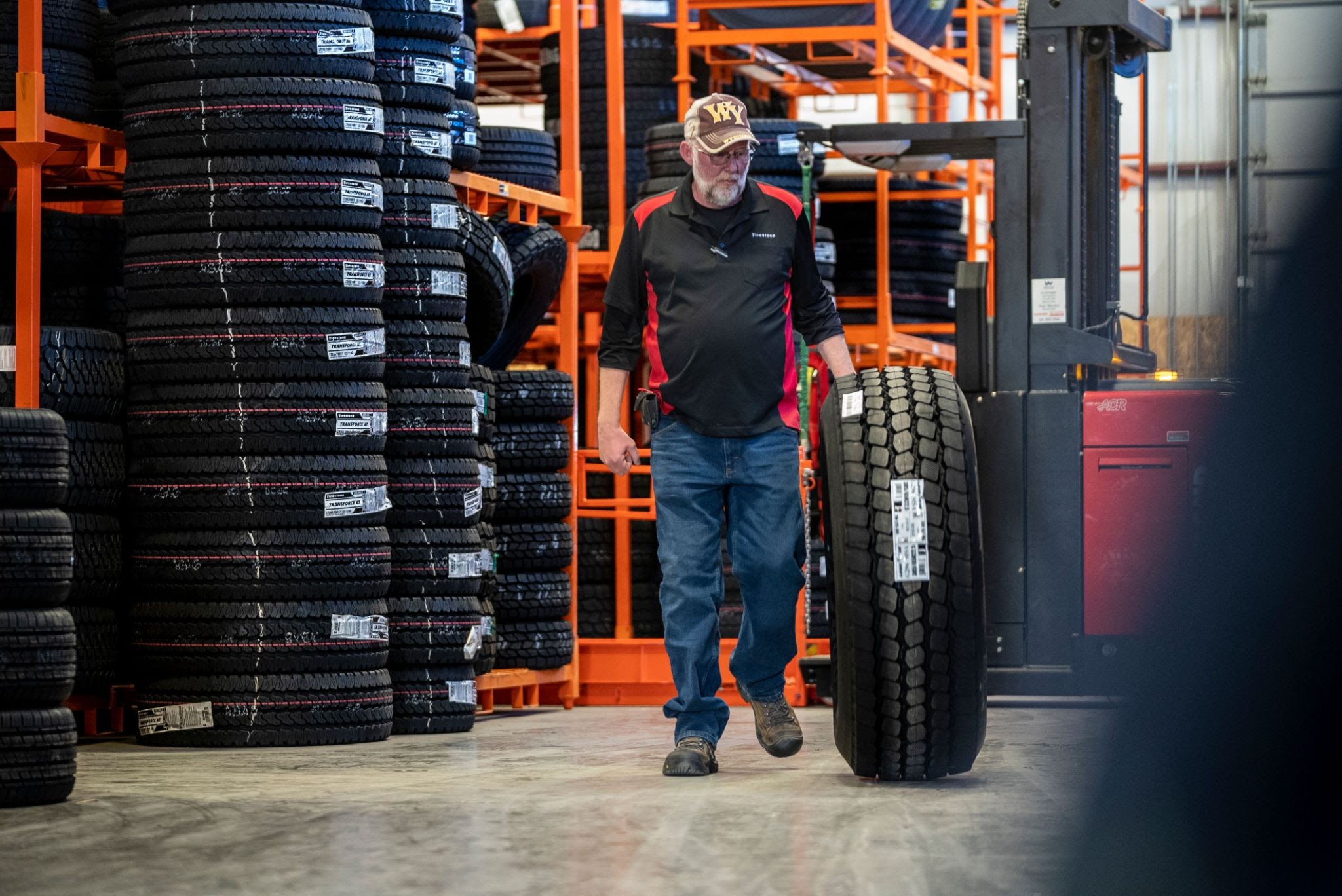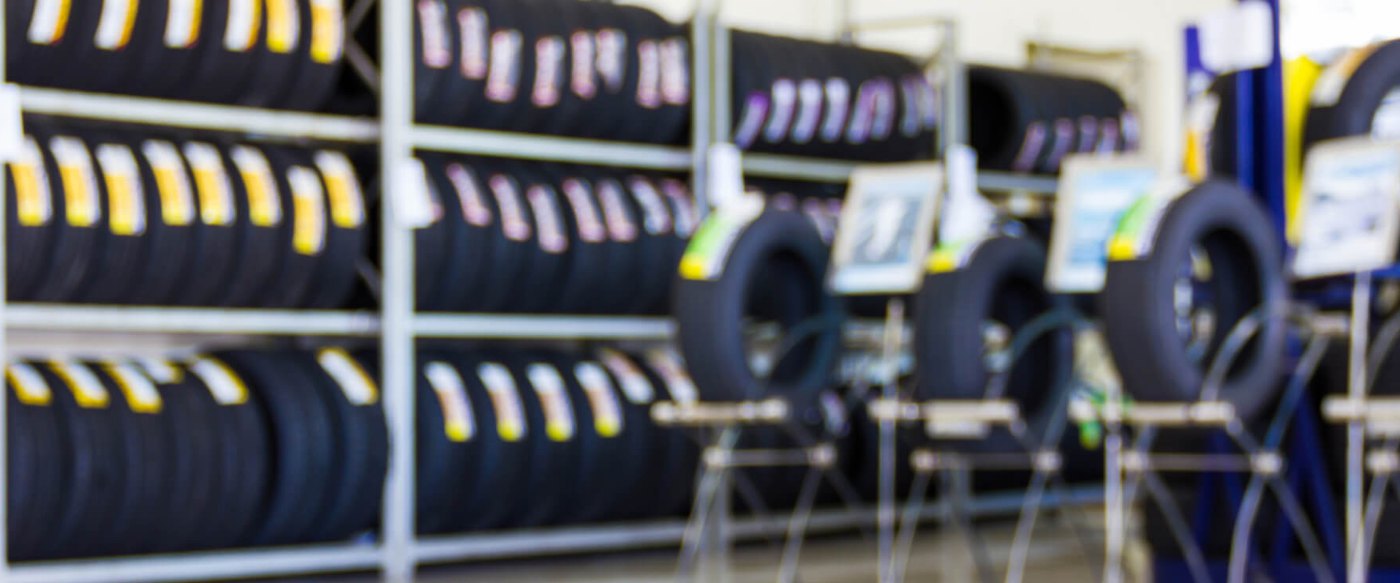Browse Smooth Roadways with Morris Tire: Your Trusted Tire Store Near Me
Browse Smooth Roadways with Morris Tire: Your Trusted Tire Store Near Me
Blog Article
The Ecological Advantages of Appropriate Tire Upkeep
Keeping correct tire treatment is usually forgotten, yet its influence on the environment is extensive. From lowering fuel consumption to lowering exhausts output, the advantages are far-reaching. Correct tire maintenance not just prolongs the life-span of tires but also lowers land fill waste and adds to enhanced air high quality. The interconnectedness of these advantages highlights the critical duty that easy upkeep practices can play in promoting ecological sustainability.
Reduced Fuel Consumption
Improving tire upkeep practices can lead to a considerable reduction in fuel consumption for lorries. According to the U.S. Department of Energy, underinflated tires can decrease gas mileage by 0.2% for every 1 psi decline in stress in all four tires.
In enhancement to tire stress, normal tire rotations and alignments additionally play a vital function in fuel performance. Unevenly worn tires can raise gas consumption as the engine functions harder to maintain rate and traction. By keeping appropriate placement and turning tires at suggested intervals, drivers can make certain even extend the life and use of their tires, eventually conserving fuel and lowering their carbon footprint.
Extended Tire Life-span
Expanding the lifespan of tires is a vital aspect of effective lorry maintenance practices that can produce expense financial savings and ecological benefits in the lengthy run. By properly keeping tires, vehicle drivers can substantially lengthen their use, minimizing the regularity at which new tires need to be manufactured and old ones taken care of. This not just preserves important sources but additionally decreases the power and discharges related to tire production and disposal processes.
Regularly inspecting tire stress, turning tires, and making certain correct alignment are vital steps in expanding tire life-span. Sufficient tread deepness is essential for optimum traction and security, but it likewise contributes in the length of time tires can be used before requiring replacement. Furthermore, staying clear of hostile driving habits that increase tire wear, such as rough stopping and sharp turns, can better enhance tire resilience.
Ultimately, raising the durability of tires through positive maintenance not just profits the environment by lowering waste and preserving resources yet likewise brings about cost savings for vehicle proprietors by postponing the need for brand-new tire acquisitions.
Reduced Discharges Result
Reliable tire maintenance techniques add to a reduction in exhausts result, lining up with ecological sustainability goals in the automobile sector. Effectively inflated tires, regularly turned and aligned, can enhance fuel performance, hence reducing the overall carbon dioxide emissions from automobiles. When tires are underinflated, the engine must function tougher to push the vehicle, causing boosted gas usage and greater discharges. By maintaining ideal tire stress degrees, chauffeurs can help minimize these negative ecological influences.
Additionally, well-kept tires also boost grip and decrease rolling resistance, even more improving gas effectiveness. This, in turn, reduces the quantity of exhaust gases launched into the environment. Additionally, guaranteeing tires are properly inflated and straightened can extend the lifespan of the tires, decreasing the regularity of tire replacements and the linked environmental expenses of tire manufacturing and disposal.

Lowered Garbage Dump Waste
Given the favorable effect of proper tire upkeep on reducing discharges result, an additional significant environmental advantage is the potential for reduced land fill waste. By making sure that tires are correctly pumped up, straightened, balanced, and revolved frequently, their life-span can be substantially extended.

Improved Air High Quality
Enhancing air high quality with proper tire visit the site maintenance techniques is a crucial facet of sustainable ecological stewardship. When tires are underinflated, they create extra moving resistance, leading to increased gas intake and higher discharges of dangerous pollutants such as carbon monoxide and nitrogen oxides. Visit Your URL Properly inflated tires not only improve gas effectiveness yet additionally lower the quantity of toxins launched right into the air.
Moreover, well-maintained tires with correct walk deepness and alignment contribute to much safer driving problems, reducing the possibility of mishaps that can result in the launch of extra pollutants into the atmosphere. By prolonging the life-span of tires via normal upkeep and rotation, fewer tires are discarded prematurely, lowering the environmental influence of tire disposal and manufacturing processes.
Final Thought
In verdict, proper tire maintenance offers many ecological advantages. It is vital for individuals to focus on tire maintenance as a simple yet effective method to shield the environment for future generations.
Correct tire maintenance not only prolongs the life expectancy of tires yet additionally lowers landfill waste and adds to enhanced air quality - morris tire. By keeping appropriate alignment and rotating tires at suggested intervals, motorists can make certain even prolong the life and put on of their tires, ultimately conserving gas and lowering their carbon impact
By properly maintaining tires, drivers can considerably lengthen their functionality, decreasing the frequency at which brand-new tires need to be manufactured and old ones disposed of.Routinely checking tire stress, turning tires, and making sure appropriate alignment are necessary steps in expanding tire life-span. Additionally, ensuring tires are appropriately blown up and lined up can expand the lifespan of the tires, decreasing the regularity of tire replacements and the connected ecological prices of tire manufacturing and disposal.
Report this page